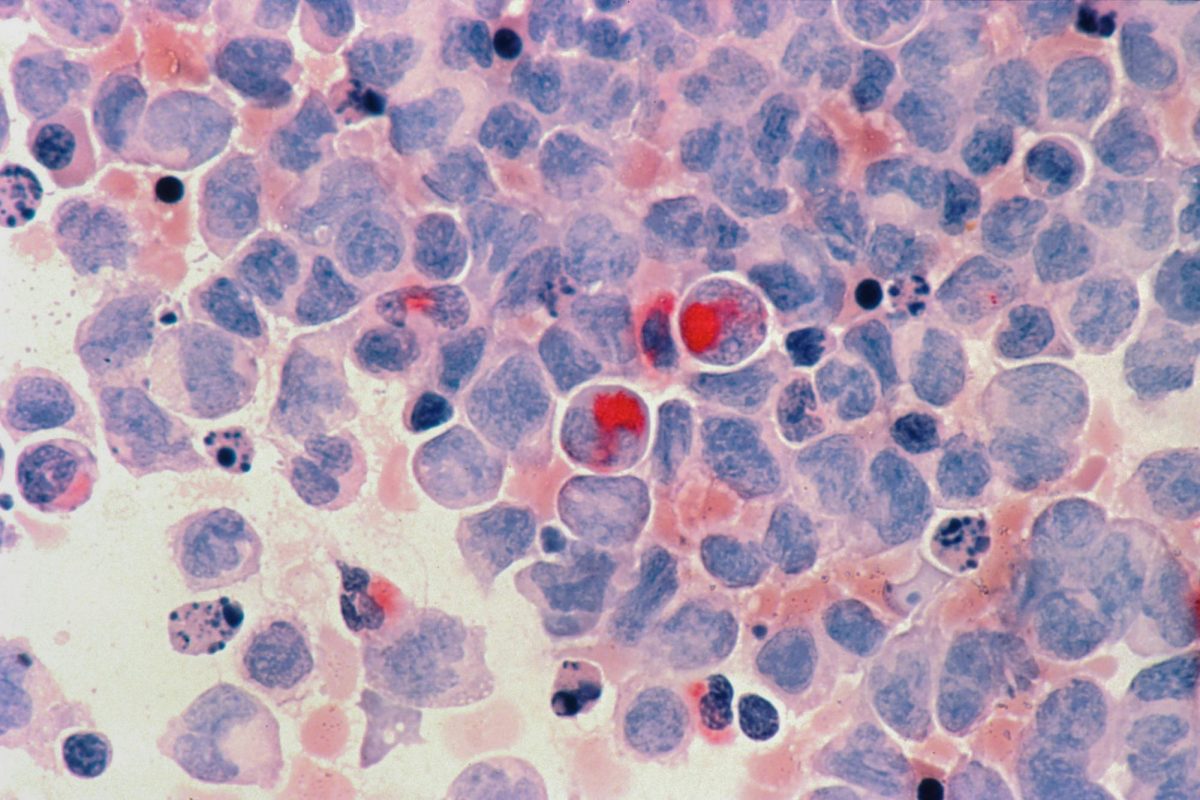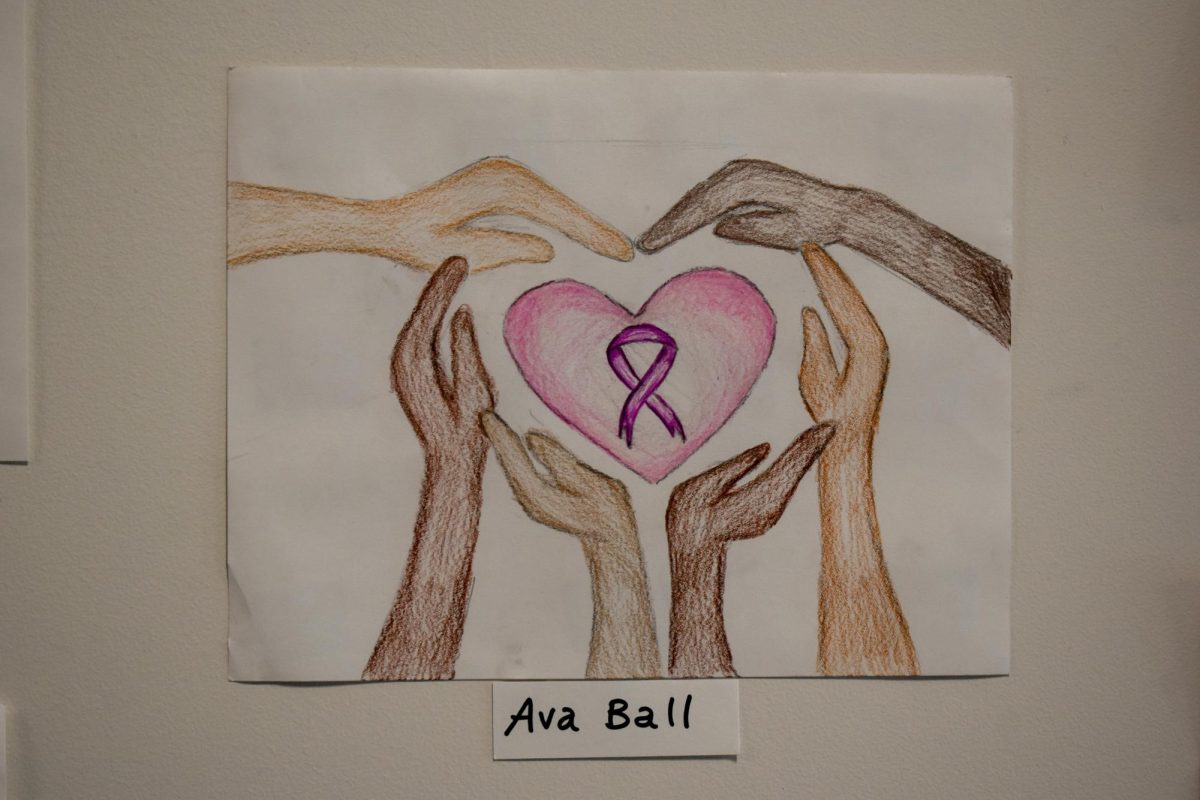For most people one of the first things they need every morning is their coffee; many find it hard to function without it. However, is drinking coffee or consuming caffeine truly a healthy habit? With the right amount of caffeine taken it is completely safe and in some cases healthy, but with too much it can cause many detrimental side effects. For starters, how does caffeine even work?
When first consumed, caffeine is well absorbed by the body, normally effects will take a toll within 5-30 minutes. Since caffeine is a stimulant, that means it increases activity in the brain and nervous system. Some common effects of caffeine are increased alertness, rapid heartbeat, muscle aches, stimulated muscles, increased blood pressure, and jitters.
One positive health benefit is that caffeine can both affect the body mentally and physically. For example, according to heart.org “People who regularly drink coffee may be less likely to develop chronic illnesses, such as cardiovascular disease, diabetes, Parkinson’s disease, and some cancers.” In moderate doses caffeine can improve overall awareness and wellbeing.
But in the end, this information is all accordingly if and only if you follow the U.S. Food and Drug Administrations daily recommendation of “ 400 milligrams a day—that’s about four or five cups of coffee,” according to fda.gov. But that information only goes accordingly if you’re a healthy adult. However, what would happen if you exceeded 400 milligrams a day?
In higher doses of caffeine it can negatively affect your body in many different ways. Higher doses of caffeine can lead to anxiety and can also mess up one’s circadian rhythm (the body’s physical, mental, and behavior that follow a 24 hour cycle), symptoms are daytime sleepiness, decreased alertness, and problems with decision making.
All things considered, understanding the health effects of caffeine can be tricky. There are many things to consider such as how it works, how it affects the body and the organs within it, and the side effects of taking too much caffeine. Overall the best advice is to consult with healthcare professionals and stay attuned to personal reactions which can stand as valuable tools for maintaining a balanced and health-conscious relationship with caffeine.





















